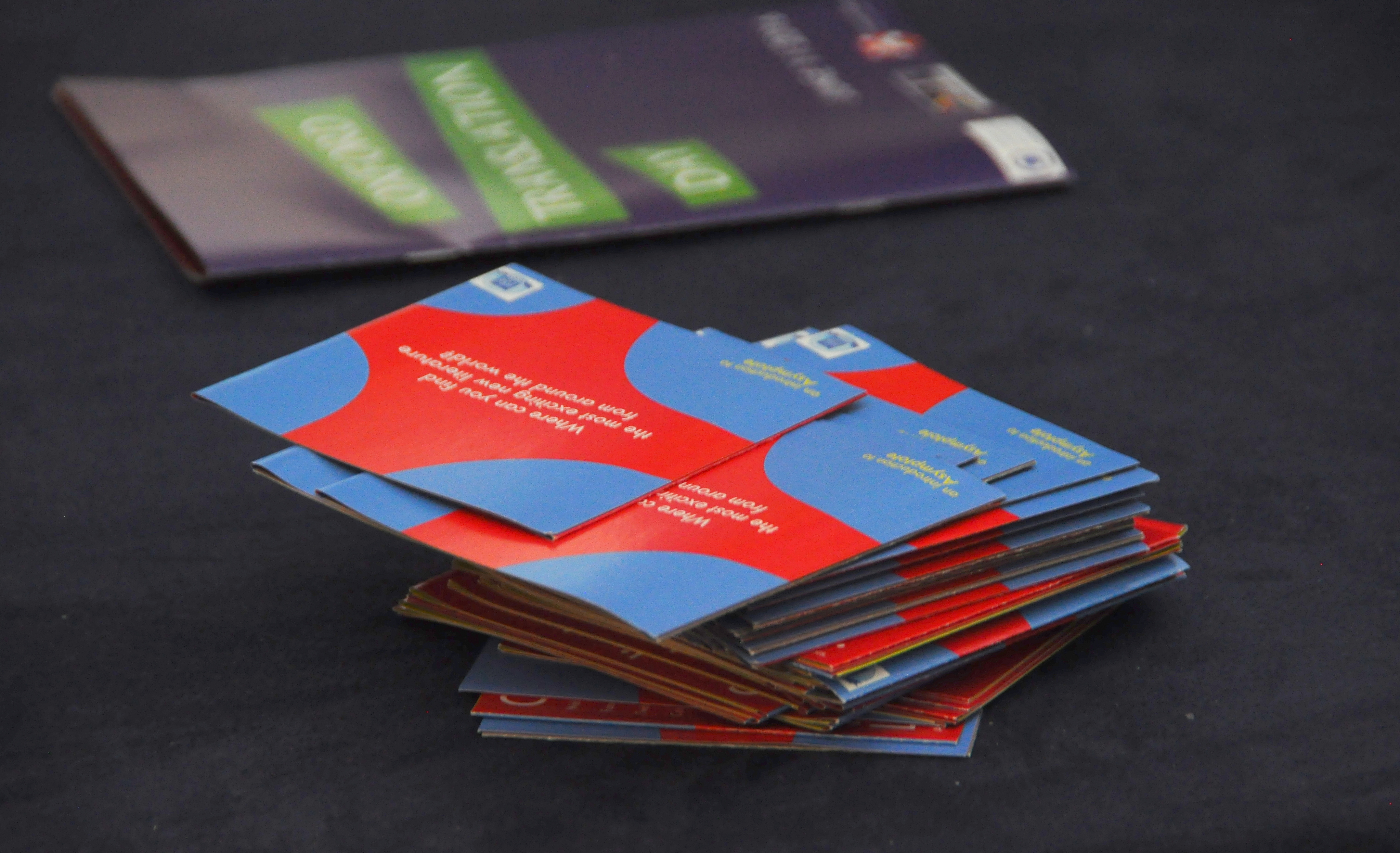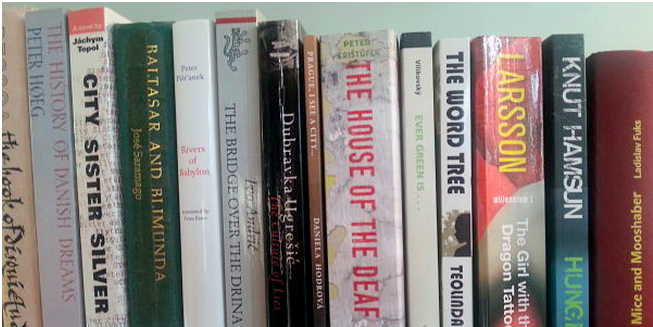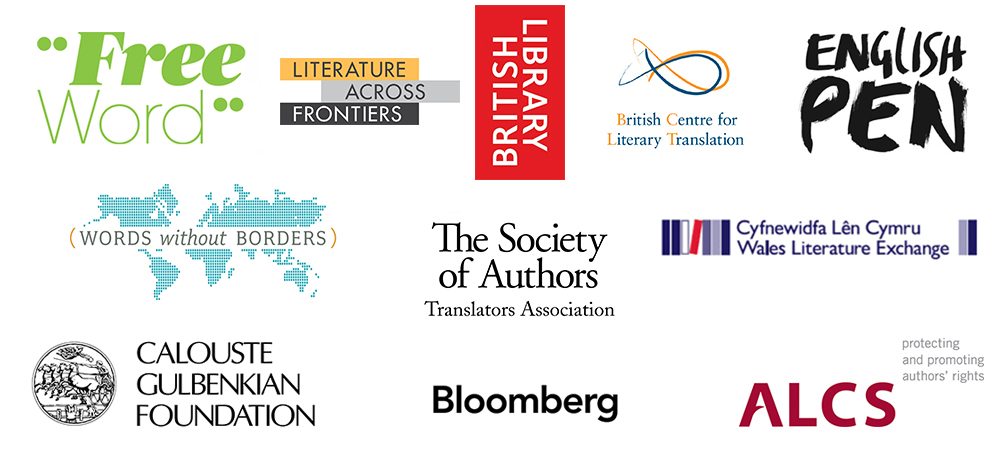We mark International Women’s Day with an extract from the latest novel by the award-winning Czech writer and Nobel laureate Herta Müller translator Radka Denemarková. Disguised as a crime mystery set in Prague and mixing fact and fiction, “A Contribution to the History of Joy” (Příspěvek k dějinám radosti, 2014) is a passionate indictment of all forms of violence against women everywhere, spanning the past 70 years of history. In the extract below Denemarková puts herself in the shoes of a victim of an infamous Manchester (north of England) gang that groomed vulnerable teenagers and forced them into prostitution.
***
Chandra Namaskar, the moon salutation. This isn’t like Honey’s birthday party. Then, our classmates had swarmed around her parents‘ house sipping drinks and strutted around screaming and shouting and dancing to booming music that made the walls shake.
Here, no noise passes through the walls, only silence. Cigarette smoke and still-glowing ashes in overflowing ashtrays swallow up any trace of noise. The windows aren’t blacked out. At the door to the flat, a boy collects my mobile. I’m not happy about that. I’ve been saving up for it for a long time. This is a compulsory admission ritual. It’s for your own good, the boy says, to make sure you don’t lose it, I’m kind of like a hotel safe here, he says with a reassuring wink. We’ve both been chosen.
I tread across the thick pile of Persian carpet. There are carpets everywhere. They spill across thresholds continually like a dense lawn, sticking out their tongues under my steps. I look forward to having my pictures taken by a professional photographer. That’s what Honey promised me.
The boy ushers me into a smoke-filled lounge. A man is snogging a girl on a sofa. They’re like a classical statue emerging from the mist. The girl might be about thirteen. As they peel away from each other, tiny stones in the girl’s braces sparkle like diamonds in her mouth. The man seems old to me. They glance at me. He looks me up and down, from head to toe. The girl‘s eyes connect with mine, her stare is swept clean and empty, I can read nothing from it, then they latch onto each other again. Two glass bowls of white powder sit on the coffee table before them. The smoke and nicotine mist make me nauseous but I don’t let on, I want to belong, I do belong, I’ve made it. After weeks of soundings and failed attempts I’ve finally done it. Curiosity is making my head spin. Honey is making my head spin. Here she comes. She gives me a welcoming hug. I giggle trying to boost my courage and get rid of my fear. Honey hugs me and charms me, saying how lovely I look, in my excitement all I manage is a stutter. She hands me a bottle of chilled vodka. It’s drunk straight from the bottle here. She swings her arm around me and summons the boy who collects and stores mobiles by the door. She is bossy with him, it’s obvious who’s in charge here. That’ll be all for today, she tells him. I can’t tell if she’s talking about girls or mobiles. The boy rolls me a joint. I take a puff and shake my head. I give him the spliff back. The boy passes the joint to Honey, who sticks it in the hand of the man glued to the lips of the girl with diamonds in her mouth.
READ MORE…





